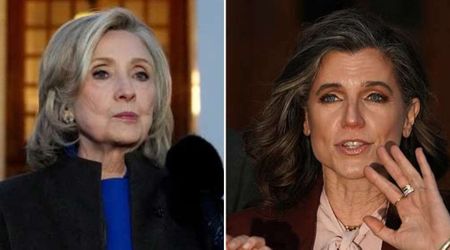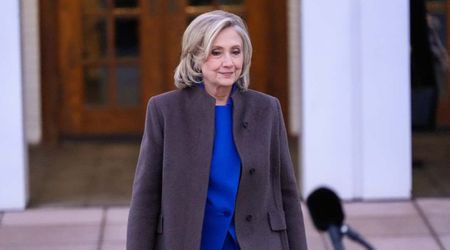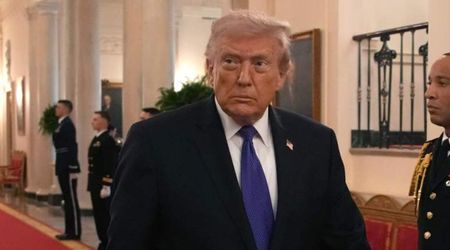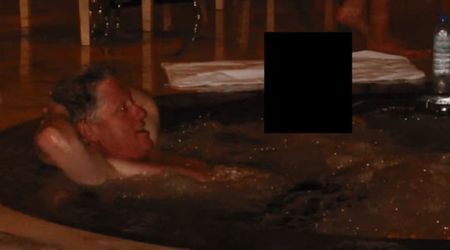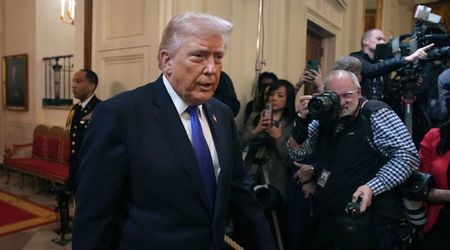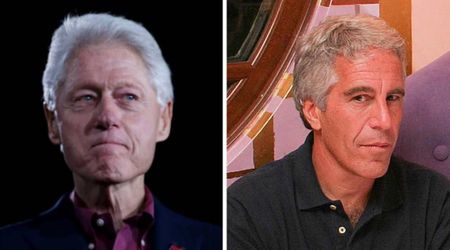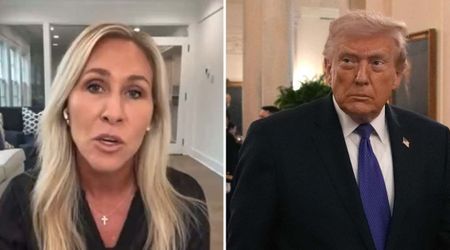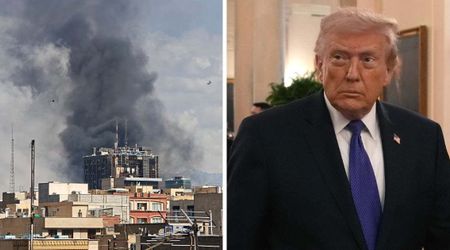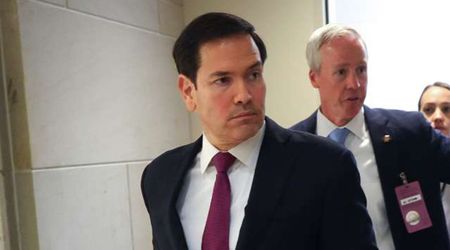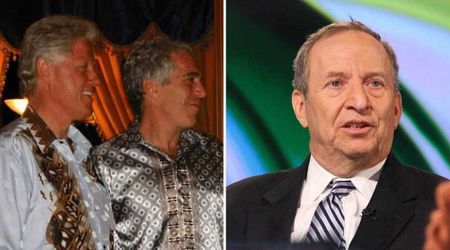Former federal judge Michael Luttig claims constitution will disqualify Trump from higher office, but Internet isn't convinced
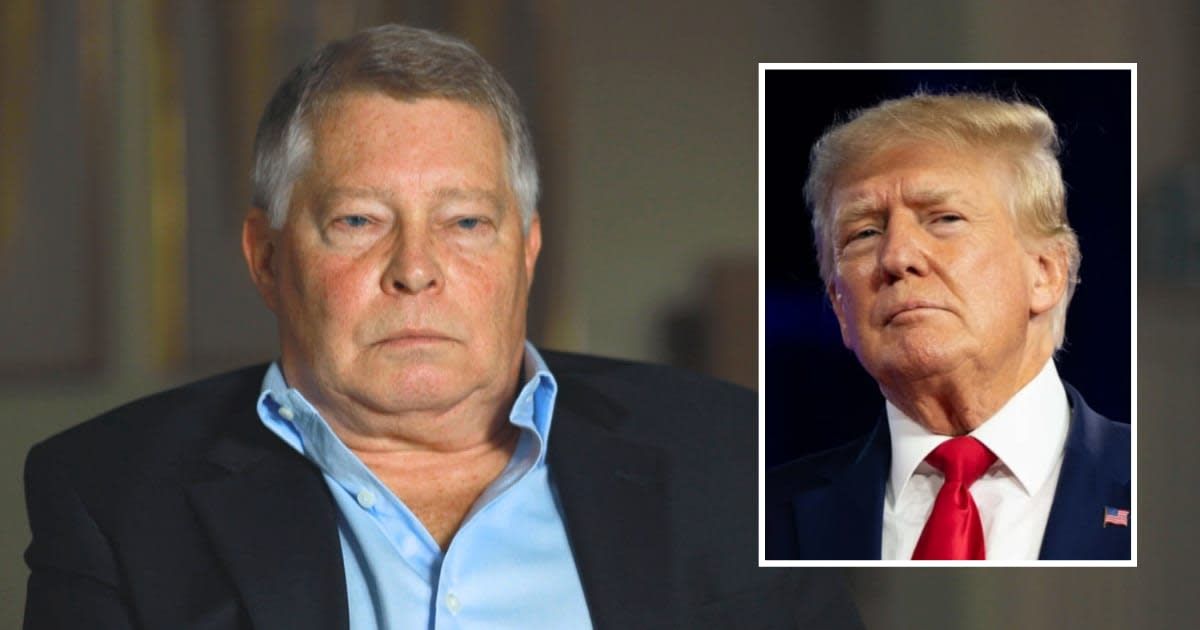
DENVER, COLORADO: The recent decision by the Colorado Supreme Court to disqualify former President Donald Trump from the state primary ballot has ignited a fierce debate, with Republicans accusing the move of being politically motivated.
However, former federal judge Michael Luttig, in a Saturday, December 23 MSNBC interview, defended the decision, asserting that it is the Constitution, not political bias, that could bar Trump from the ballot.
Unpacking the Colorado Supreme Court's decision
Luttig declared, "It is a natural and expected reaction by all Americans to think in terms of politics, but upon thinking about it seriously, I think it's crystal clear." He insisted that the disqualification stems from the Constitution, specifically the 14th Amendment, and not from any political maneuvering by President Joe Biden, Democrats, or anti-Trump factions.
The Colorado Supreme Court attributed Trump's responsibility for the January 6 Capitol riots as the basis for his disqualification under the 14th Amendment. Luttig praised the court's approach, commending their use of a limited definition of "insurrection" and a common-sense interpretation of the presidency as a US "office."
In response to the ruling, Luttig expressed, "It will be crystal clear to the American public that it's the Constitution of the United States that's disqualifying the former president from higher office, if he is to be disqualified." He continued, "It's not President Joe Biden. It's not the Democrats. It's not the anti-Trumpers."
Anticipating a Supreme Court appeal, Trump's attorneys argued that the 14th Amendment doesn't apply to the presidency. Luttig countered, stating it would be "impossible" for the Supreme Court to interpret the amendment differently than the Colorado court, emphasizing that this is a constitutional matter, not a political one.
"This is not politics. This is the Constitution of the United States," he said. "And [the case] poses for the Supreme Court of the United States a pure question of constitutional law. The Supreme Court of the United States is never to consider extra-judicial factors or considerations, such as partisan politics, or even politics writ large."
Social media not entirely convinced by Luttig's reasoning
However, many on the Internet were skeptical of the former judge's staunch assertions.
"Are you sure?" one posted on X (formerly Twitter).
"Dont hold your breath," another wrote.
"Sorry to inform you but top-notch prestigious lawyers who study the Constitution say Colorado cannot do," someone else added.
"I'm sorry, but there are too many brilliant constitutional scholars that say otherwise. Even Bill Barr, who admittedly detests Trump, even said this was a fool's errand," another offered.
Sorry to inform you but top notch prestigious lawyers who study the Constitution say Colorado cannot do.
— Catherine Runnals (@ctrunnals) December 24, 2023
I'm sorry, but there are too many brilliant constitutional scholars that say otherwise.
— Strategically Red™ (@StratRedTM) December 24, 2023
Even Bill Barr, who admittedly detests Trump, even said this was a fools errand.
While many on the internet questioned Luttig's assertion, his position resonated with some experts. Constitutional law scholar Mark Graber stressed that courts should act independently of political implications.
Graber, who contributed to the Colorado case, argued that there are limits to the democratic process in the name of democracy, highlighting the importance of Section 3 in covering a president under the 14th Amendment. He defended the court's decision, telling the Washington Post, "The courts should act without any consideration of the political implications of their decisions."
National precedent and legal challenges
As the legal battle unfolds, courts in other states have rejected attempts to exclude Trump from the ballot based on 14th Amendment grounds. If the US Supreme Court reviews the Colorado decision, it could set a nationwide precedent.
Trump's legal challenges extend beyond the 14th Amendment, involving criminal cases and civil suits related to his efforts to overturn the 2020 election. Scholars recognize the unprecedented intertwining of legal and political issues in the upcoming presidential campaign, raising questions about the independence of the legal system.
Professor Stephen Vladeck from the University of Texas at Austin School of Law highlighted the complexity of the situation, stating, "We are stuck in a conundrum between what the best reading of the law is and the much more complicated high politics of how that law should be enforced."
According to Vladeck, Trump is “embroiled in massively important novel criminal and civil litigation that is in many ways about his formal and practical eligibility to run for that office in the first place.”

